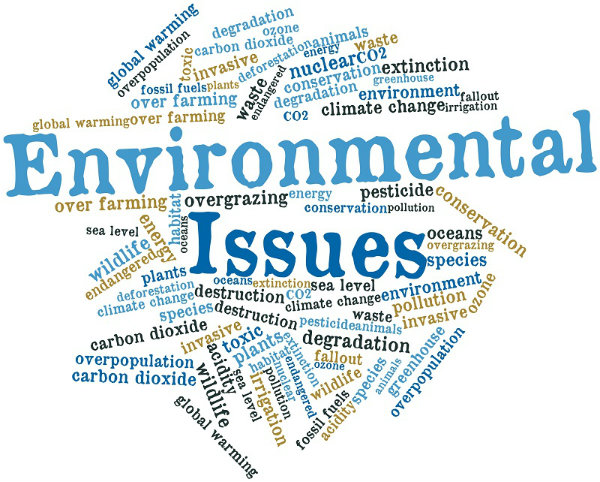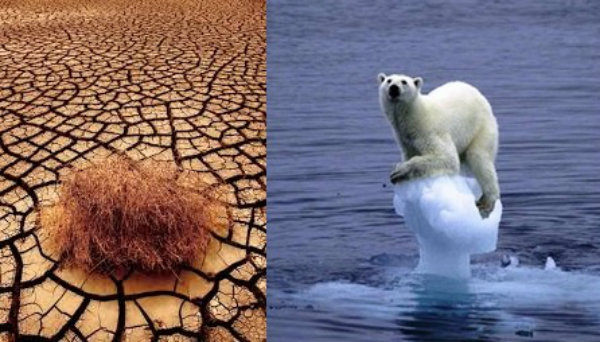In 1972, the Club of Rome, a global think tank, published a book titled as “Limits to Growth,” dramatizing the potential depletion of the Earth’s resources against the backdrop of swiftly growing world population.
United Nations Environment Program (UNEP) and other international and regional organizations began holding international conferences and promoting detailed studies to get a more coordinated and effective response to environmental problems, as it already became a significant issue of global politics.
The United Nations Conference on Environment and Development held in Rio de Janeiro, Brazil, in June 1992 (also known as the Earth Summit) was the beginning of international effort on global scale.
The Rio Summit produced conventions dealing with climate change, biodiversity, forestry, and recommended a list of development practices called ‘Agenda 21’.
First World, generally refer to the ‘global North’ were pursuing a different environmental agenda than the poor and developing countries of the Third World, called the ‘global South’.
Further, the Northern states are largely concerned with ozone depletion and global warming, the Southern states are anxious to address the relationship between economic development and environmental management.
Some critics however have pointed out that the Agenda 21 was biased in favor of economic growth rather than ensuring ecological conservation.
‘Commons’ in a global political sense are those resources, which are not owned by anyone, but rather shared by a community.
The areas or regions of the world, which are located outside the sovereign jurisdiction of any one state, and, therefore require common governance by the international community.
Examples of ‘global commons’ are the earth’s atmosphere, Antarctica, the ocean floor (and the high seas i.e. beyond the 200 nautical miles from the respective coast), and outer space.
For the global consensus, there have been many path-breaking agreements such as the 1959 Antarctic Treaty, the 1987 Montreal Protocol, and the 1991 Antarctic Environmental Protocol.
However, a major problem underlying all ecological issues relates to the difficulty of achieving consensus on common environment.
The 1992 United Nations Framework Convention on Climate Change (UNFCCC) also discussed that the parties should act to protect the climate system “on the basis of equity and in accordance with their common, but differentiated responsibilities and respective capabilities.”



No comments:
Post a Comment